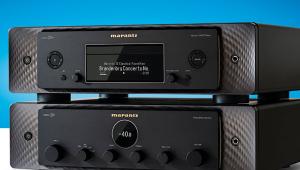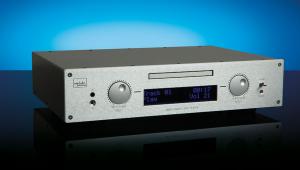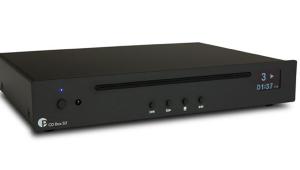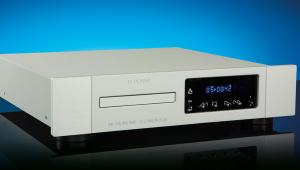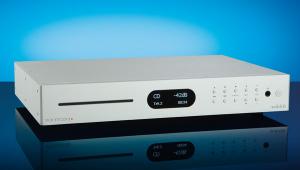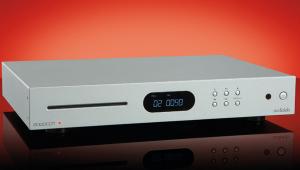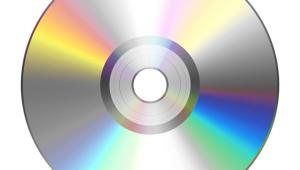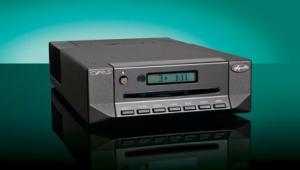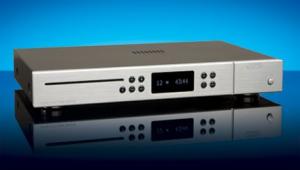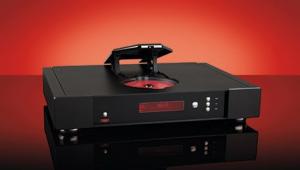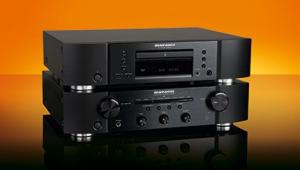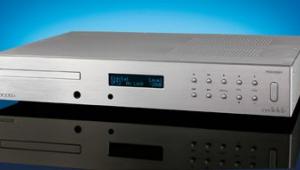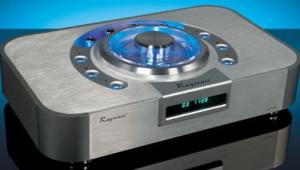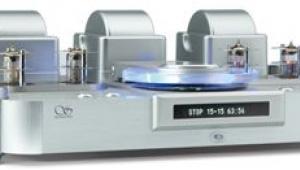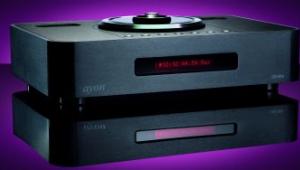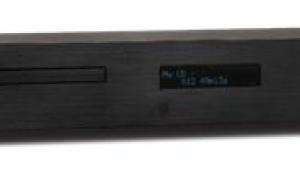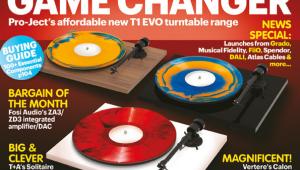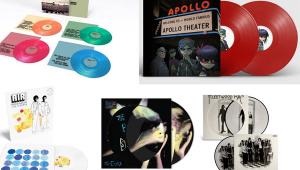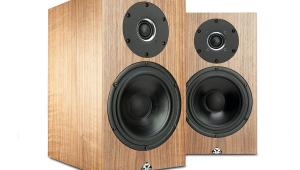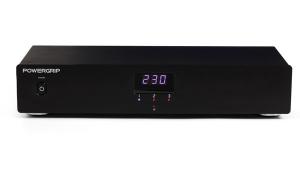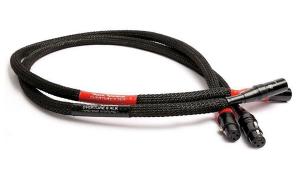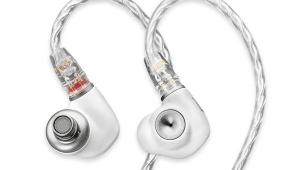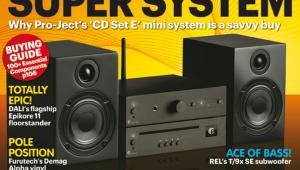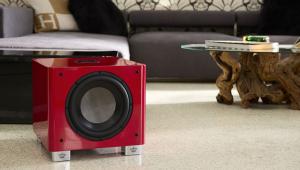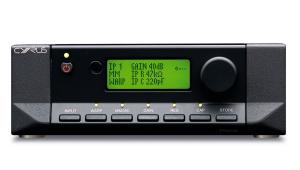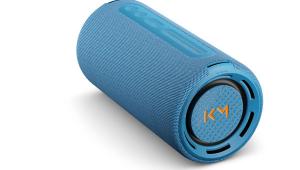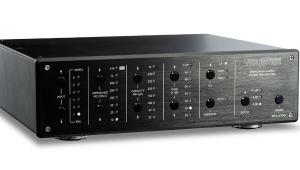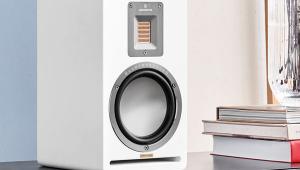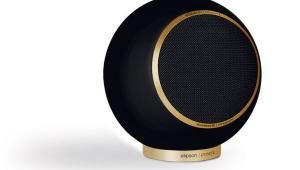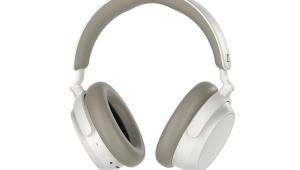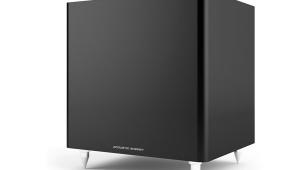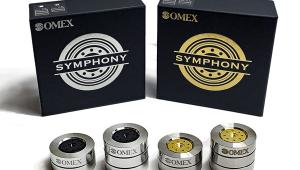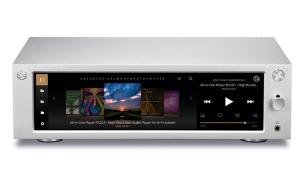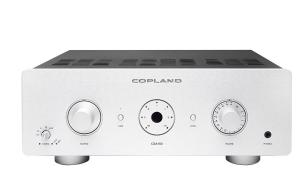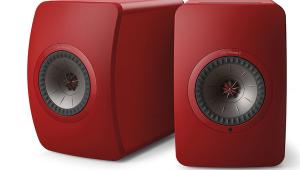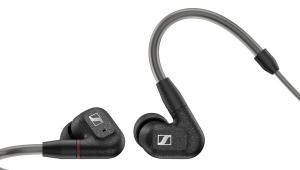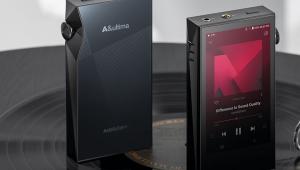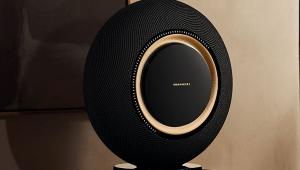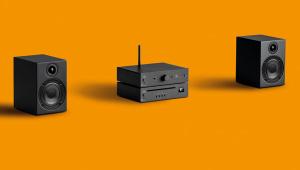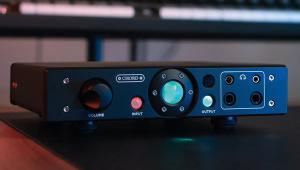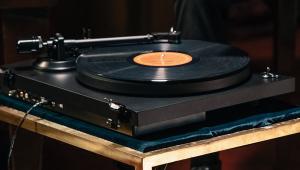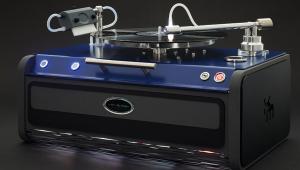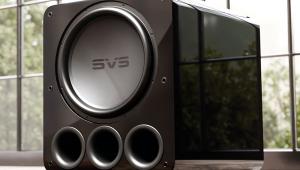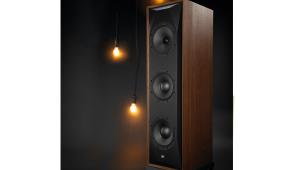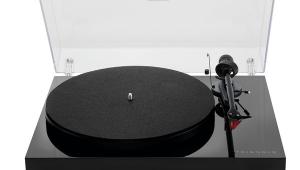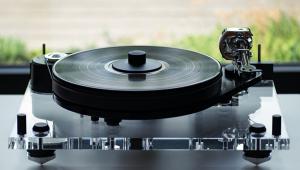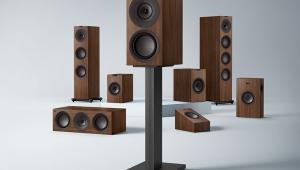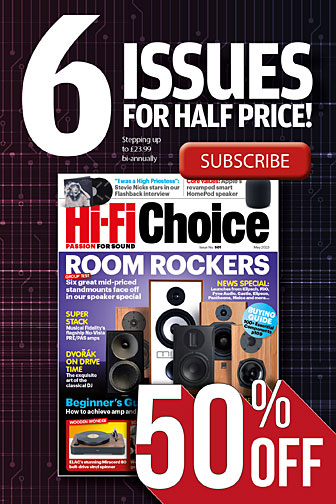Exposure XM CD
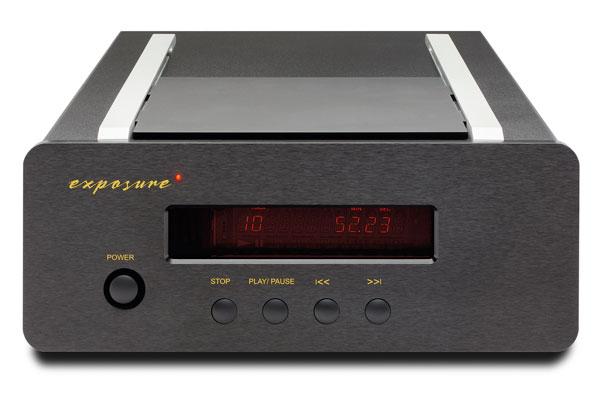
 Right now, there’s a fin de siècle feeling in parts of the hi-fi industry. The era of compact disc is well and truly coming to a close, as music buyers move to streaming to satisfy their software needs. Of course, that’s not to say no one is listening to CD any more – that would be ridiculous – but we have reached a point where as far as new music sales go, at least, the writing appears to be on the wall. It rather reminds me of 1988, when compact cassette knocked vinyl off the top spot for the first time – for pre-recorded music sales – with CD to follow on swiftly after.
Right now, there’s a fin de siècle feeling in parts of the hi-fi industry. The era of compact disc is well and truly coming to a close, as music buyers move to streaming to satisfy their software needs. Of course, that’s not to say no one is listening to CD any more – that would be ridiculous – but we have reached a point where as far as new music sales go, at least, the writing appears to be on the wall. It rather reminds me of 1988, when compact cassette knocked vinyl off the top spot for the first time – for pre-recorded music sales – with CD to follow on swiftly after.
So where does that leave CD player manufacturers? They have a choice of going one of two ways: adding streaming functionality to their machines, turning them into ‘do-it-all’ digital front ends or they can go back to basics and make a stripped-down, old-school silver disc spinner. That’s precisely what Exposure’s new XM CD is – a relatively affordable half-width box devoid of digital inputs, USB and streaming functionality. Instead, it has RCA analogue outputs, Toslink optical and BNC coaxial digital outs – and that’s about your lot.
That’s bold enough, but even more unexpected is the top-loading disc mechanism. Many audiophiles have got fed up with cheap plastic drawer loaders and there’s been a move to slicker slot-loading systems – but few offer proper top loaders, last seen on the very first generation of CD players from 1982. One of the reasons is that this requires a fair bit of mechanical engineering on the designer’s part – you can’t just buy the top cover assembly off the shelf from a Chinese OEM supplier for pennies. Instead, Exposure has come up with its own aluminium ‘sled’ operating on runners, plus a magnetic puck to lock the CD itself in place.
The XM CD is the latest in Exposure’s range of half-width separates, now comprising practically everything you can think of. As well as being a standalone disc spinner, it can also function as a CD transport for the company’s matching XM5 integrated amplifier (HFC 424) or XM7 preamp (HFC 429), both of which have built-in DACs. It looks set to sell to both owners of matching XM components and also to the wider hi-fi market in general – especially those audiophiles looking for budget esoterica that’s more than just another faceless, generic, tray-loading deck.
It certainly has character, and feels really nice to use. The red, front-mounted display looks very retro and gives the player an even more quirky feel. The drawer sled moves smoothly foreword and backward, but could do with being a little more damped in operation as it can feel a bit sudden. The switchgear is minimal, with just the transport controls – no need for an ‘open/close’ button, remember? The aluminium front fascia is of a good quality, while the aluminium casing feels decent enough; it’s certainly thicker than some machines available at this price point.
Exposure’s chief designer Tony Brady has specified a Burr-Brown PCM1716 DAC chip with multi-level delta-sigma modulator architecture and 8x oversampling digital filter. It’s an interesting selection because it’s not the usual – almost compulsory – ESS Sabre DAC chip of choice. Multiple stage power supply regulation is used, with a large toroidal transformer with separate windings for Sony’s KSS213C CD transport mechanism and audio stages supplying the juice. A precision digital clock is fitted, with dedicated power supply regulator for the transport and audio stages. Double-sided printed circuit boards are used, with particular attention paid to minimising resonance and electromagnetic fields.
Sound quality
To the pantheon of small, quirky but fine-sounding compact disc players, you can add this half-width offering. The XM CD is a really impressive little thing, giving a genuinely enjoyable and engaging musical performance without quite setting the world on fire. It has a surprisingly wide and spacious soundstage, inside of which the different strands of the mix are conveyed with a good deal of accuracy and largely independently of one another. It has a pleasingly smooth tonality, yet doesn’t attempt to be artificially warm or euphonic in any way. It’s decently dynamic too, giving an enjoyable sense of the music’s light and shade.
The Dolphin Brothers’ Catch The Fall is a sleek mid-eighties pop track, and the XM CD does it justice. It can sound a bit too shiny in the upper midband on some players with its complex percussion appearing to dominate, but not so here. Instead, the Exposure remains subtly smooth and even handed, serving up a sound that doesn’t distract the listener in any way. Rather, they are invited into the mix, where there’s much to take in.
Aside from its good-mannered tonal balance, another key facet of the XM CD is its clarity and lack of mush. It’s possible to hear inky-black silences between the notes, rather than low-level detail being smeared and running into the next strike of the snare drum. This in turn invests the player with a surprisingly dynamic, lively sound that’s fun to listen to even at lower volumes.
As if to illustrate this, Chic’s Happy Man bounces along with the Exposure scything through this fairly compressed disco-era recording with little in the way of effort. There’s a delicacy to the way that individual instruments – such as that brilliant rhythm guitar – play that makes you want to keep on listening. And neither does the guitar (or any of the other instruments) crowd others out. It doesn’t quite serve up a translucent, ‘see-through’ sound, but it’s way more open than you might expect given the price.
This dynamic light and shade – plus its keen low-level detail resolution – combines wonderfully with the machine’s fine rhythmic ability. It’s not the sort of player that machine-guns beats out at you, but still it shows a great grip on the essentials of the music. This means you can play relatively slow-paced ballads like Kate Bush’s This Woman’s Work and still really enjoy them. The interplay between that powerful but icy vocal and the piano playing proves really arresting, and the CD player is able to follow Bush’s phrasing very skilfully. The end result is a lithe, responsive, articulate sound that conveys far more emotion than expected. It’s all the better because of the enjoyably wide and spacious recorded acoustic too; another forte of the XM CD.
Faults? None at the price, really. It doesn’t quite have the bass slam of some slightly pricier rivals, or their absolute focus and precision. You would also, in an ideal world, want just a bit more three-dimensional depth to the soundstage. Yet these criticisms are rather churlish, because compared with its immediate peers this little silver disc spinner does surprisingly well and really delivers a lot of sound per pound.
Conclusion
This is a highly likeable little compact disc player that presents music in an enjoyable yet technically accurate manner. Being decidedly old-school in several aspects, it might lack the operational slickness and versatility of some rivals, yet it more than makes up for it with its charming character. DP
DETAILS
Product: Exposure XM CD
Price: £1,315
Origin: UK
Type: CD player
Weight: 4kg
Dimensions: (WxHxD) 218 x 94 x 348mm
FEATURES
● Burr-Brown PCM1716 DAC
● Digital outputs: 1x optical; 1x coaxial
● Analogue outputs: stereo RCAs
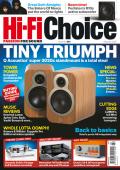 |
Inside this month's issue:
Q Acoustics 3020c standmount loudspeakers, Perlisten R10s active subwoofer, Quad 33 and 303 pre/power amps, Acoustic Solid Vintage Full Exclusive turntable, newcomer Fell Audio Fell Amp and Fell Disc and lots, lots more...
|
